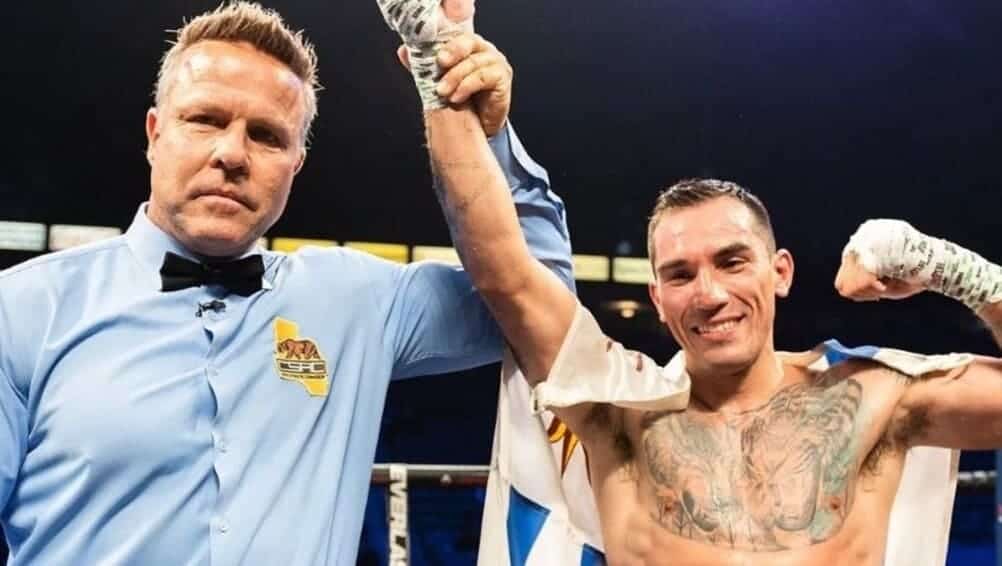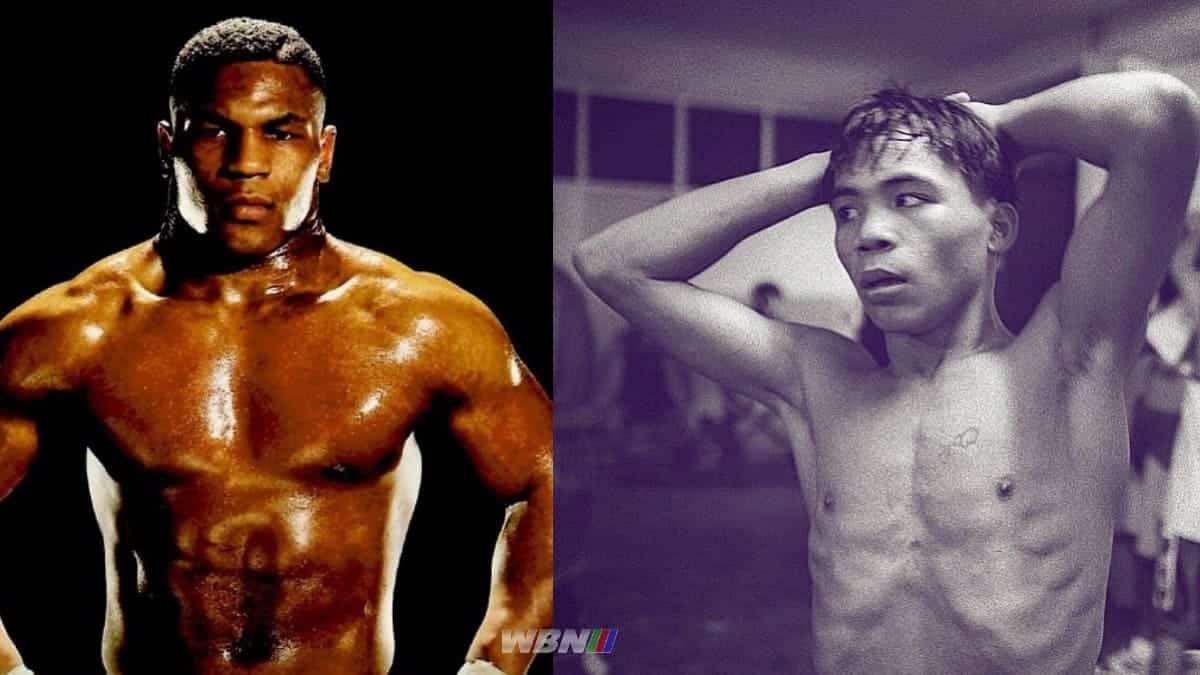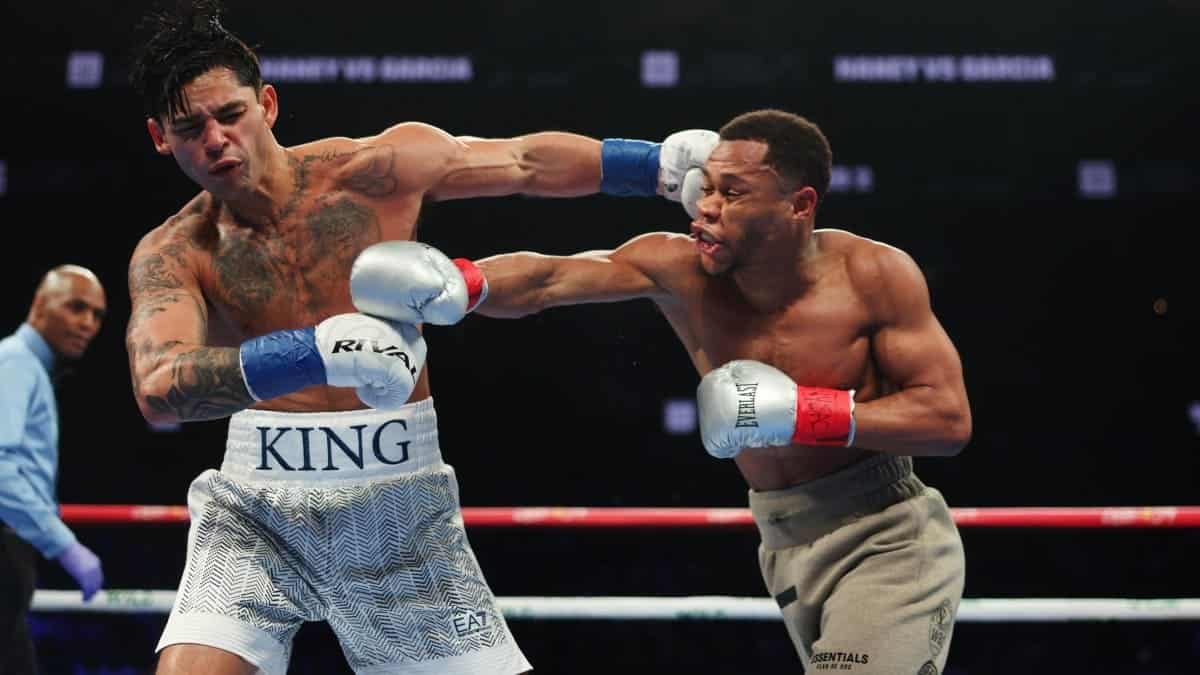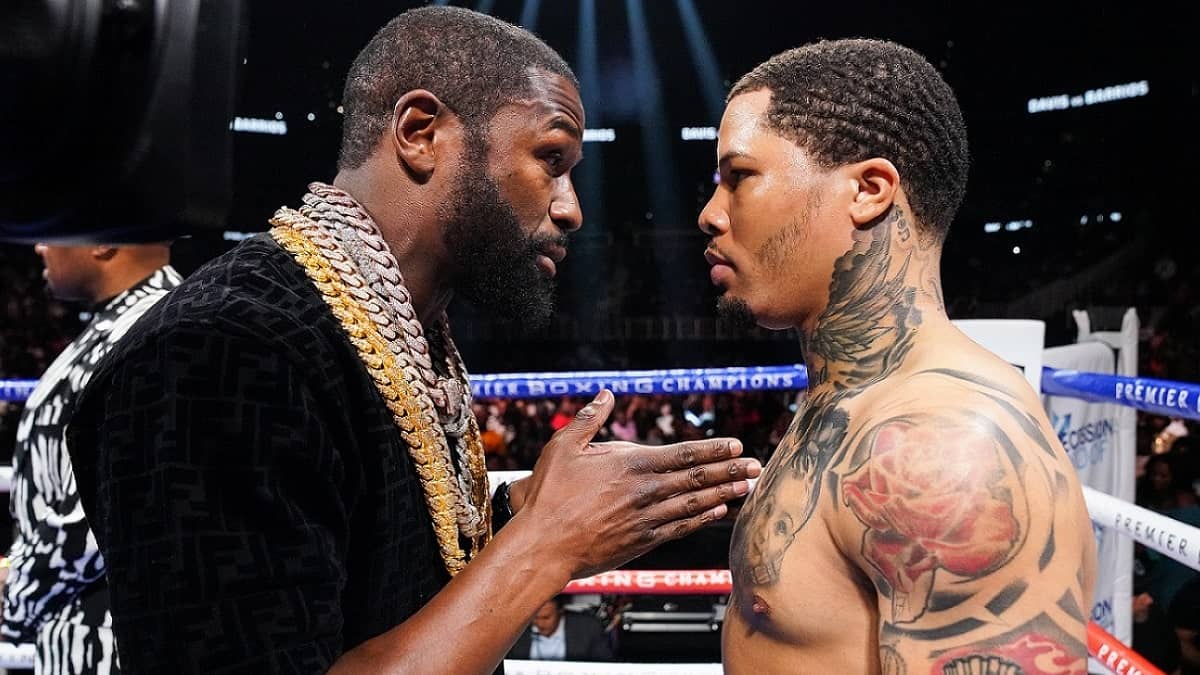Eduardo Estela expressed his appreciation in interviews before his fight in Culiacan, Mexico, versus Angel Fierro. He emphasized that he was “still on his feet” and living the life of his dreams.
Repeated setbacks in Estela’s life have made him wonder if this is it, at least for the rest of his life as a free man. Estela’s family originally came from Uraguay, although he spent his formative years there. Because of the prevalence of crime and destitution, there were limited opportunities for relaxation. He told Jorge Seorans of ESPN about how, when he was young, he and his siblings often went without food because his mother was too poor to buy it. Because of the state of the housing stock in his area, he frequently had to save his neighbors from rising floodwaters in the dead of night.
He knew he shouldn’t go outdoors, but despite the danger, he couldn’t help but venture there. Everything around him gave him an adrenaline boost, from the widespread prevalence of robberies and larceny to the easy availability of drugs. When he stepped into the boxing ring, he got an adrenaline rush comparable to that which he had experienced from his vices. After moving back to Uruguay with his family, he began training seriously, thanks to the generosity of a boxing teacher who allowed him to work out despite Estela’s lack of financial resources. But his real-world addictions influenced his ring addiction, and his tendency toward desperate crimes was a serious threat. I tried them all,” Estela confessed, revealing the depths to which he had fallen into the abyss of drug addiction.
At a crossroads in his life, Estela could have taken the path that would have led to fame and media attention or the path that would have made him just another faceless inmate in the prison system. He and his friends had planned a robbery, but the day before, he had decided that he wouldn’t miss his training.
Estela told journalist Michael Paulo in 2021, “I fell in love with boxing, and it got me out of many things that could have ended worse.” Estela went on to say that his siblings and friends might have been rescued if they had also discovered boxing. Most of my close pals have been killed or are currently incarcerated.
It was difficult to see Estela get hammered about the ring by Fierro on Saturday night and not think of his childhood, his enormous challenges, and his successes in adversity. The performance, which was choreographed to his life story, was hard to see as anything other than a metaphor.
After hearing the bell, Fierro came out swinging, hoping for a knockout in the first round. It appeared that Estela was caught aback by his opponent’s unrestrained pursuit of him, and he retreated behind the ropes in the hope that his attacker would tire him.
No, it didn’t.
As Estela tried to roll to his right, Fierro pounded at him with uppercuts and left hooks to the body.
Fierro dealt a severe blow to Estela in the second round, sending him staggering helplessly across the ring in an attempt to regain his footing. A corner may have stopped the battle between Estela and her opponent without looking bad. Estela didn’t return to his corner for the first thirty seconds of the break, suggesting that he sensed this might be the case and needed to find a method to clear his brain in sixty seconds. In its place, he paced up and down the ropes, shaking his head, occasionally leaning on them for support, and spitting blood onto the ringside floor.
The knockout came in the fourth round, courtesy of Fierro.
After the round was through, Fierro knocked him out, sending him prone on the canvas with his head hanging off the edge of the ring. He made it past the tenth count without retreating to his hiding place and began pacing back and forth, breathing while trying to remain concealed.
They claim no moral triumphs in boxing, but Estela has proven that assumption wrong. There’s more to sports than just the scoreboard; he needs to remember that. Showing up every day is already a win. Estela’s efforts paid off in the fifth and sixth rounds. Although he had sustained more injuries, he seemed more eager to battle. He danced about the ring, firing counter left hooks despite the ringing in his ears and the pain in his gut. Fierro had hit rock bottom after landing everything he could think of, and now the man who had Fierro on the verge of being stretchered out of the ring six minutes earlier was tearing him with punches.
Fierro had Estela cornered along the ropes and unleashed a left hook that knocked him out in the seventh round. Estela had taken too much punishment. Unaware, he stood to take three more hooks before finally collapsing to the canvas, where his limp body settled as though his heart could rest.
The kids he trains in the KO a las Drogas program in Montevideo’s Maroas area must have felt both pride and fear as they witnessed their hero and mentor get back up and keep fighting to the very end.
After the fight was done as much as it could be, Estela still tried to get to his feet even though it would have been medically prudent for him to remain on his back to be tended to while concussed. He was too weak to sit on the stool, and sleeping down or sitting in a compressed position would have caused excruciating pain in what the local hospital would have diagnosed as a broken rib. Because he was too weak to stand, he crouched down, an oxygen mask secured over his face. Fierro came over to him with the stuffed Minnie Mouse he always brings to the boxing ring to remind his daughter he loves her. Unsure of what to do for the man he had just battered, he held the doll outstretched in his palm with an expression of sorrow on his face as if delivering a gift of condolence.
After waking up, Estela needed help getting to the airport bus. He preferred returning to Montevideo instead of staying in Mexico for an extra night or two to recuperate.
He was dedicated to the sport and to the youth for whom the boxing ring represented an alternative to the life he had barely fled. Even now, he had not sat down. That’s where he had to be.





